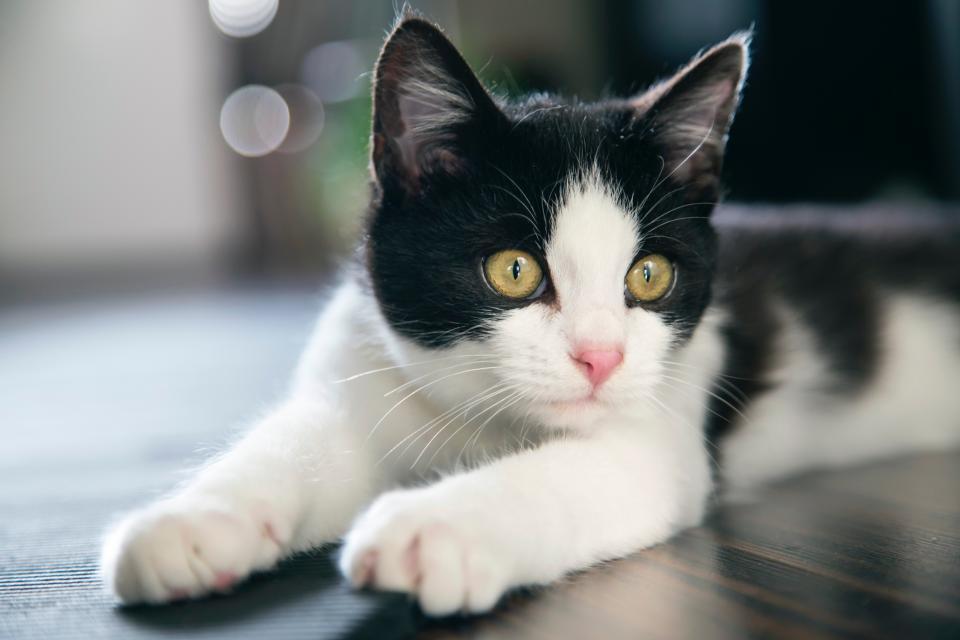Preventative Care for Cats
•Posted on May 18 2017

It’s your duty of care to keep your beloved pet safe and healthy. All animals can suffer from health ailments throughout their lives, this is unfortunately par for the course.
However, you can prevent certain illnesses and long term ailments down the line if you are diligent and take preventative measures to keep your cat healthy and well.
- Regularly brushing away hair will minimise hair balls – you can’t get rid of them altogether though.
-
 Bad breath isn’t a given in cats – bring them in for regular check-ups, brush your cat’s teeth regularly.
Bad breath isn’t a given in cats – bring them in for regular check-ups, brush your cat’s teeth regularly. - Gums should be firm and pink.
- Monitor your cat’s ears weekly for wax, debris or infection. The outer ear shouldn’t have any bald spots and the inner ear is pink and clean. There should be no debris or odour and not too much wax.
- You can clean the outer ear with liquid ear cleaner and cotton wool, but don’t prod inside inner ear.
- To check eyes, make sure they are clear, bright, the area around it is white, and their pupils are the same size. The eyelid should be pink.
- Wipe away crustiness with a damp cotton wool ball. Use a fresh one for each eye.
- Cats should have an annual exam, or more if they are old. You should review their vaccination status, parasite control, dental health, exercise, ears, eyes, stomach, breathing, feet and legs, hair and skin.
Groom!
Regular grooming is essential for your cat – brushing them will help them keep their coats clear of dirt and pests as well as minimise hairballs though you can’t avoid them altogether.Check their eyes, ears and teeth regularly
Your cat’s eyes should be clear and bright. The area around their eyes should be white and their pupils should each be the same size. Their eyelids should be pink. Check these things on a regular basis and look out for:- Crustiness
- Inflammation
- Watering or discharge
- Eye colour change or cloudiness in the eye
- Eyelids that are red or white
- Difficulty opening the eyes
- Behavioural signs of distress or irritation


